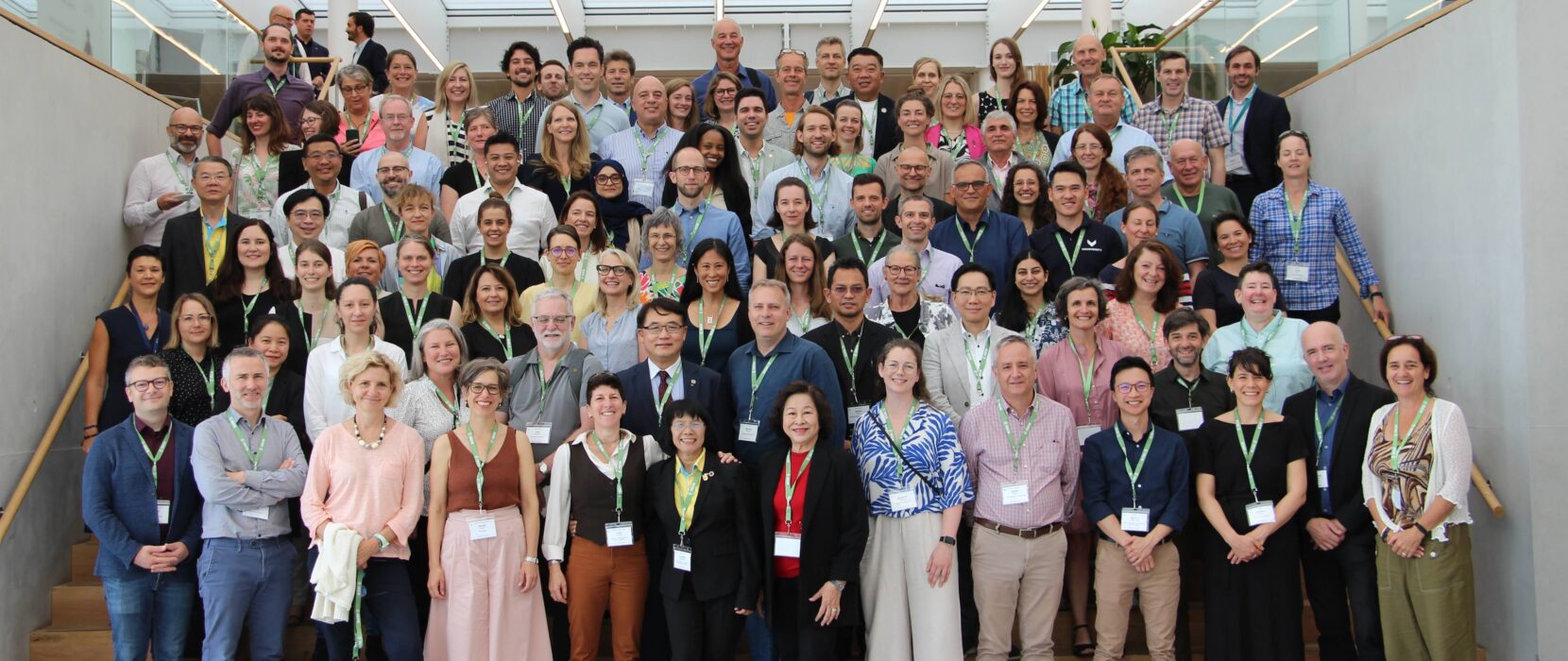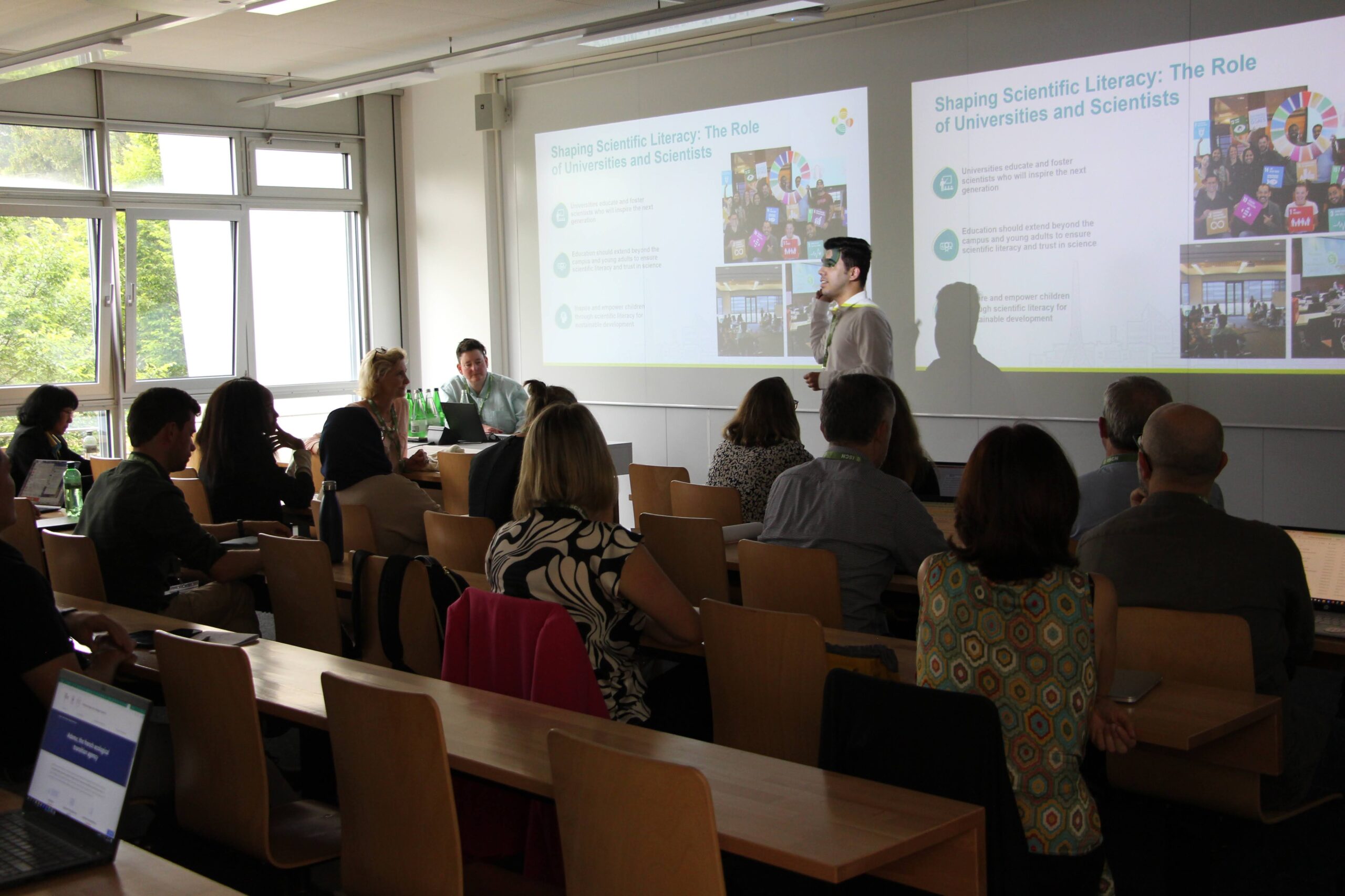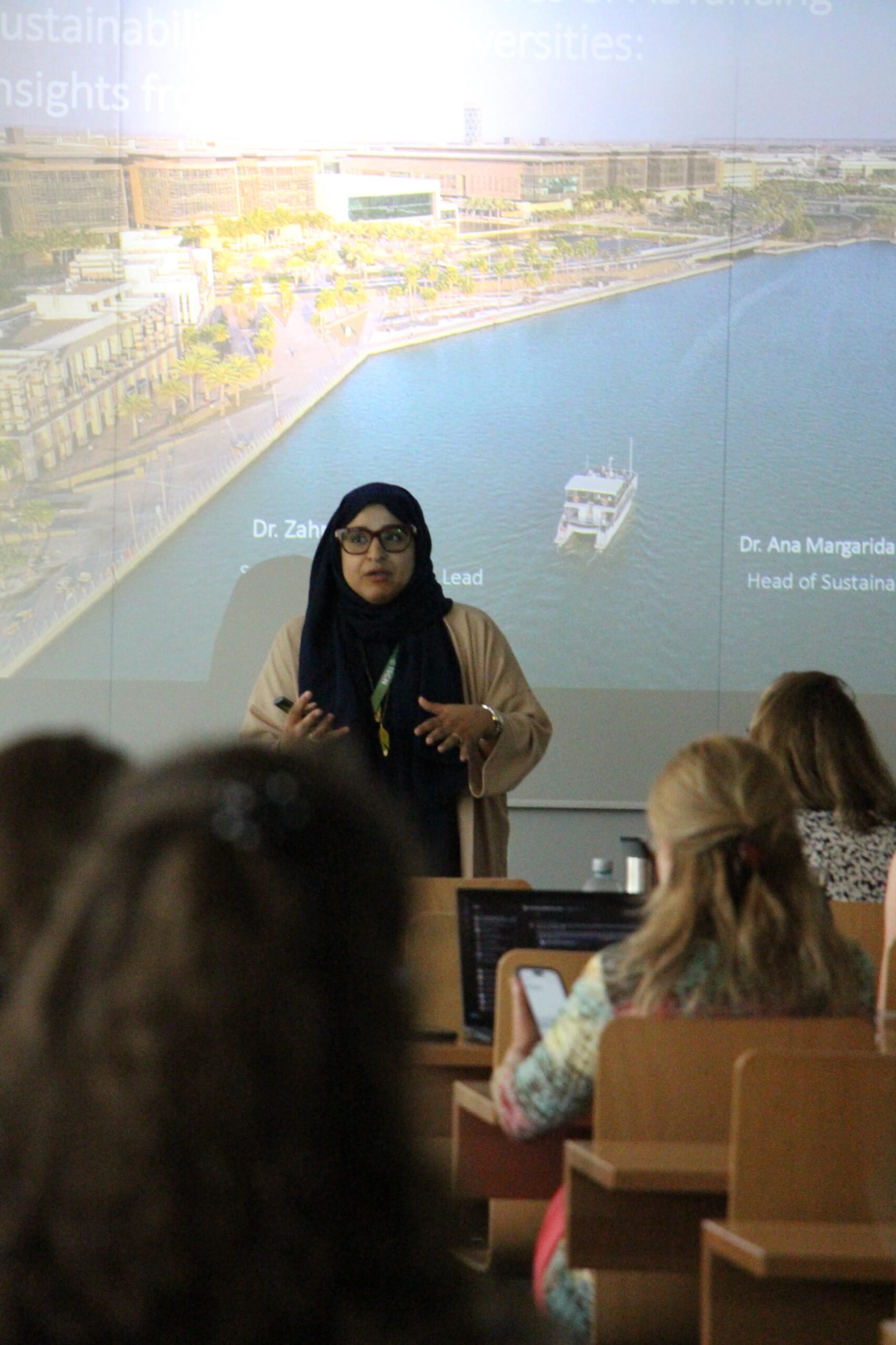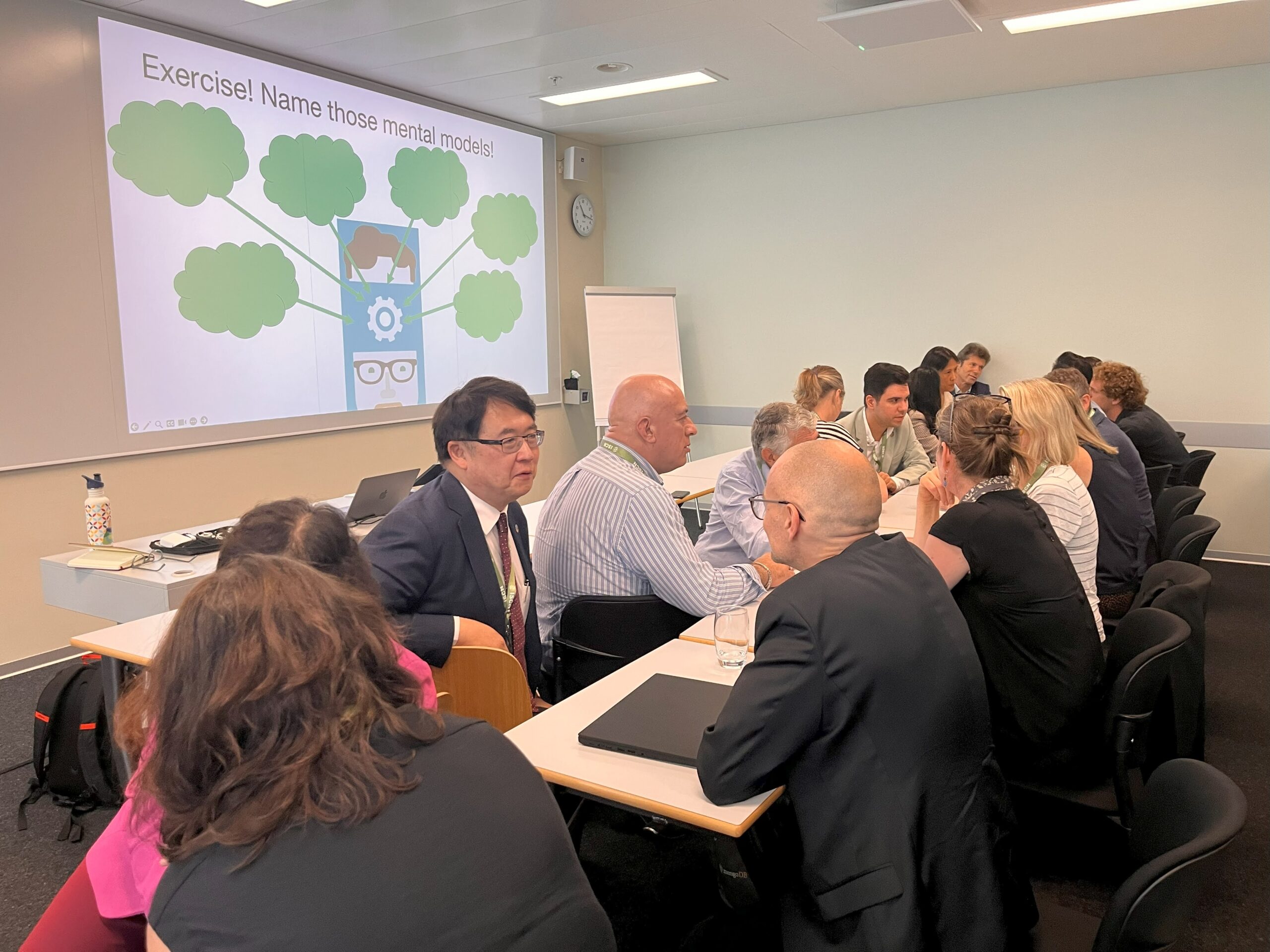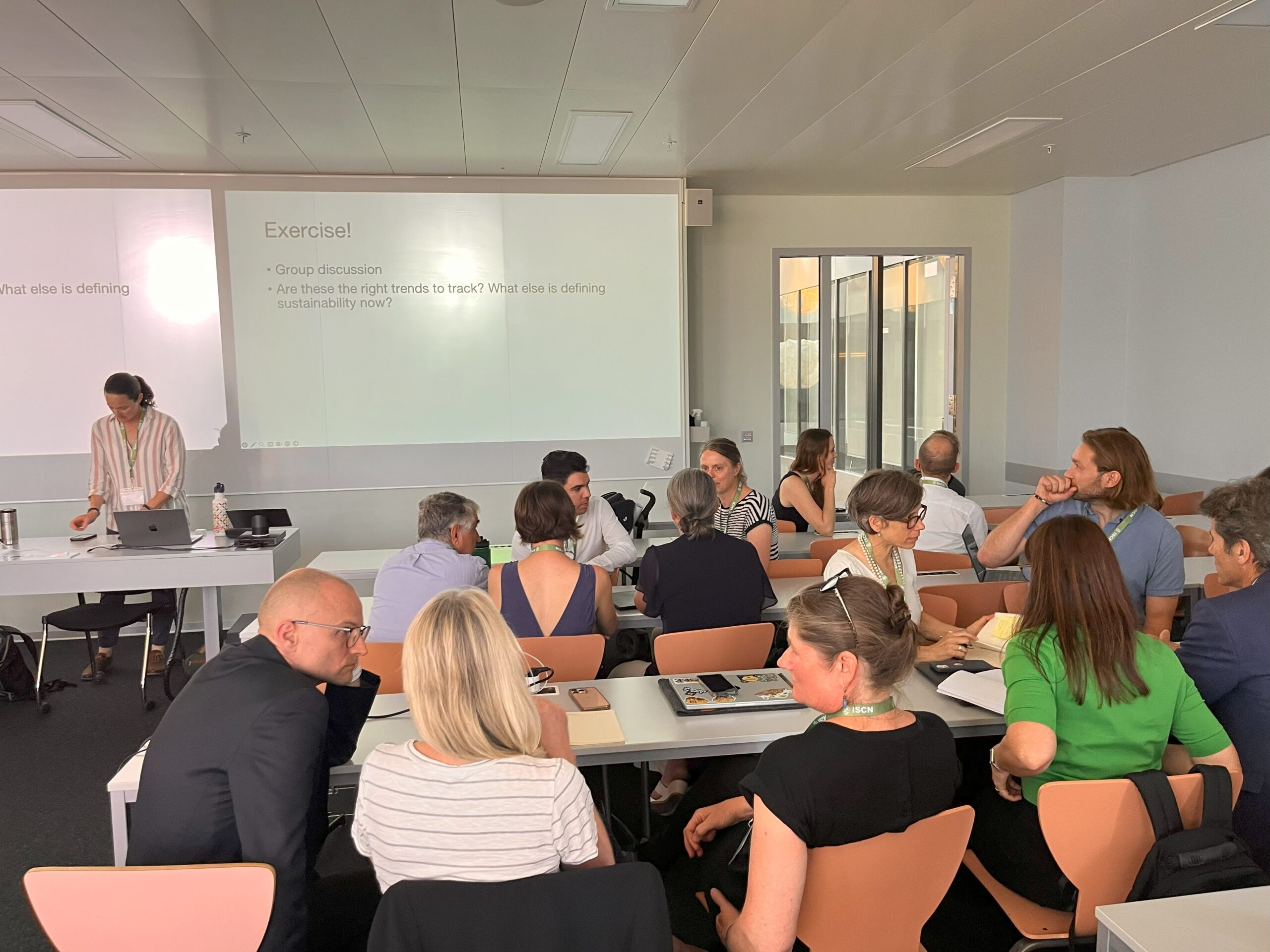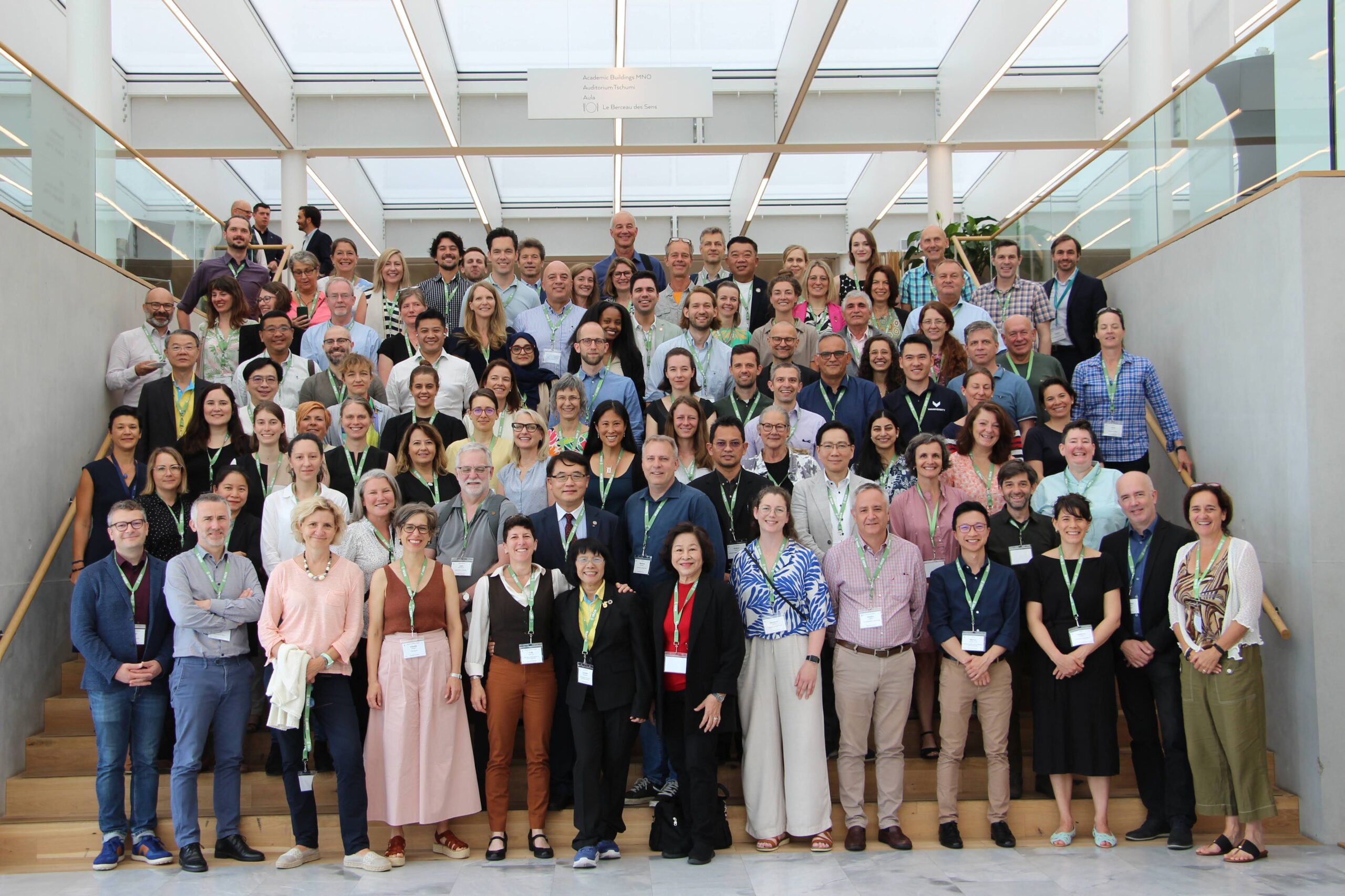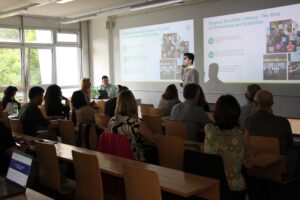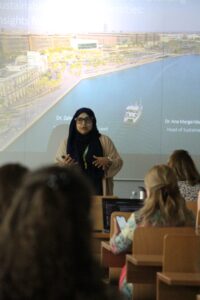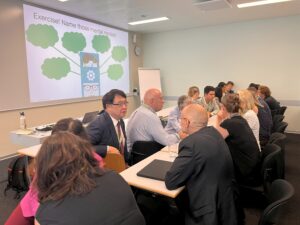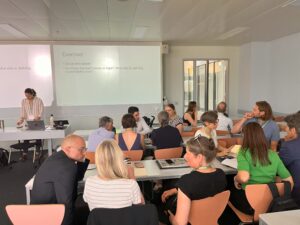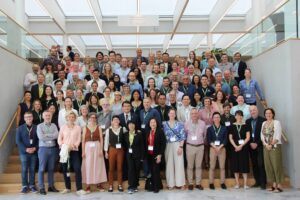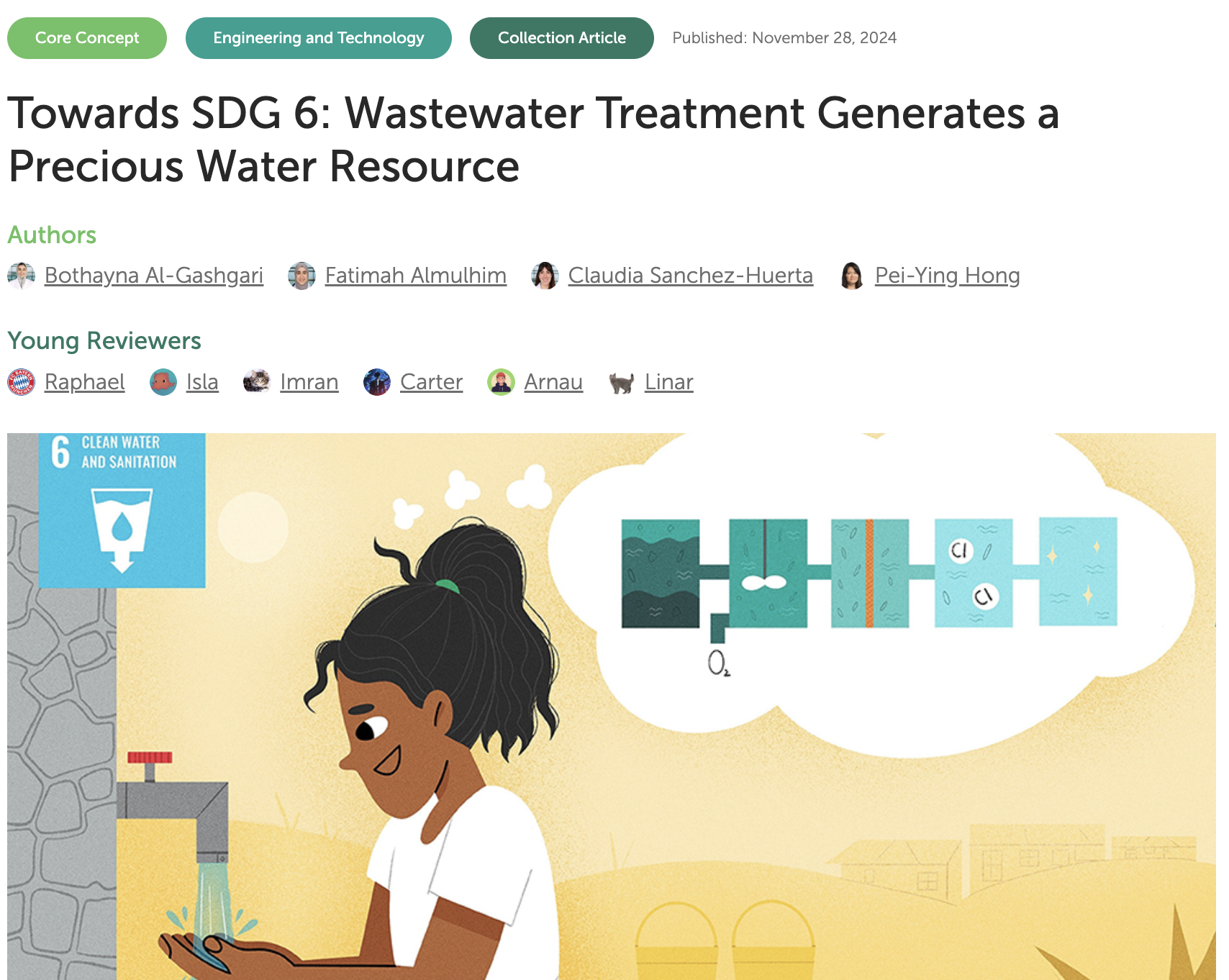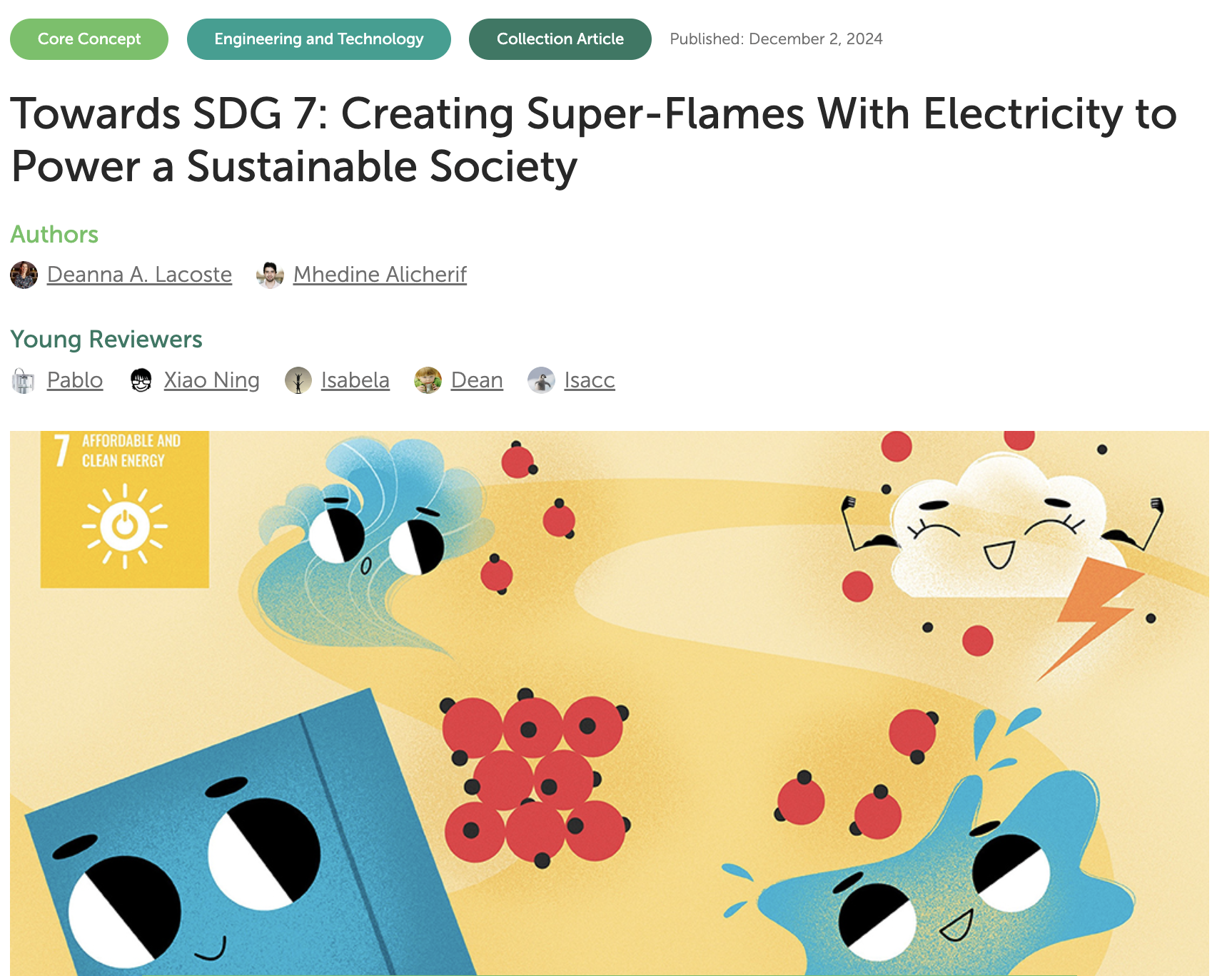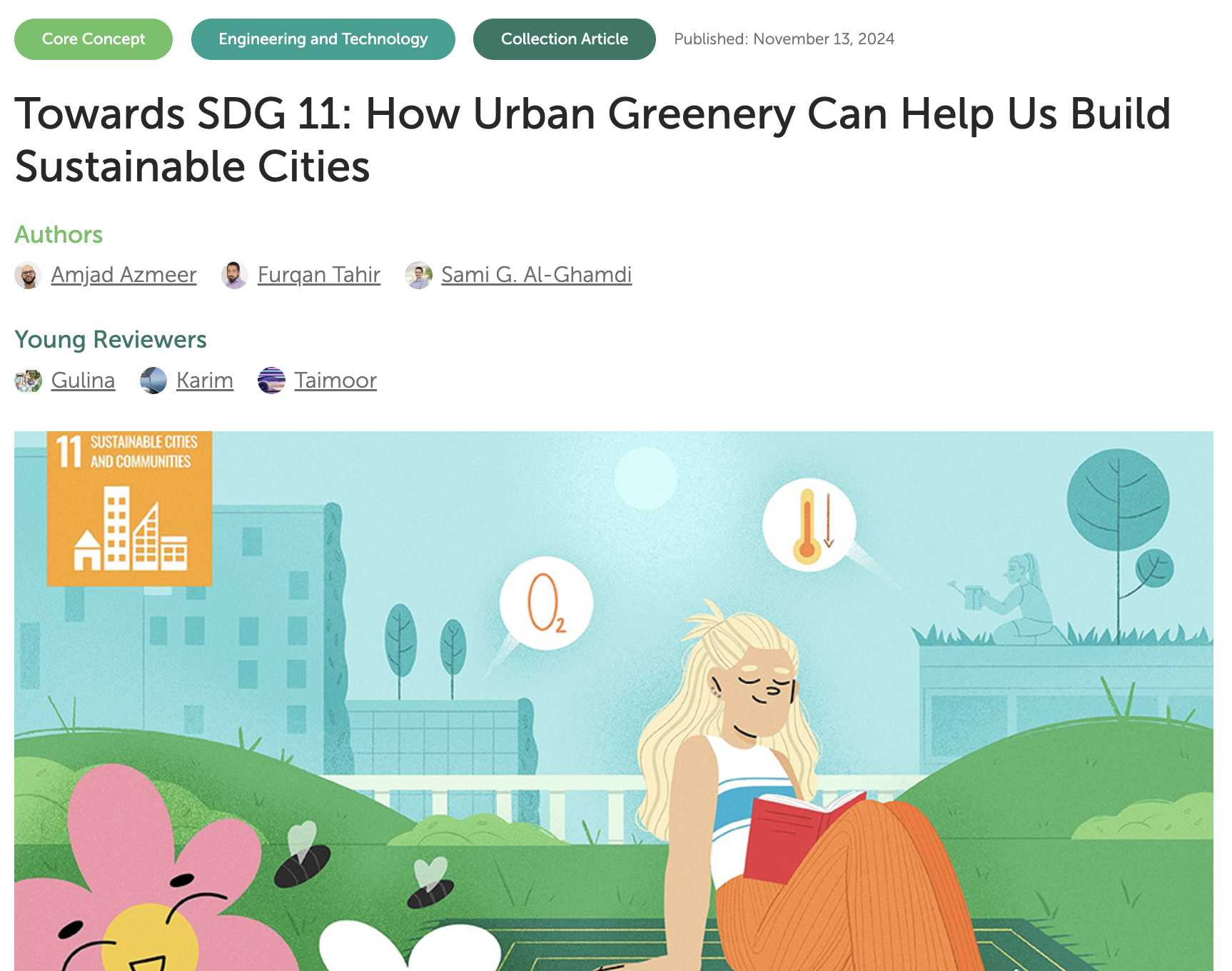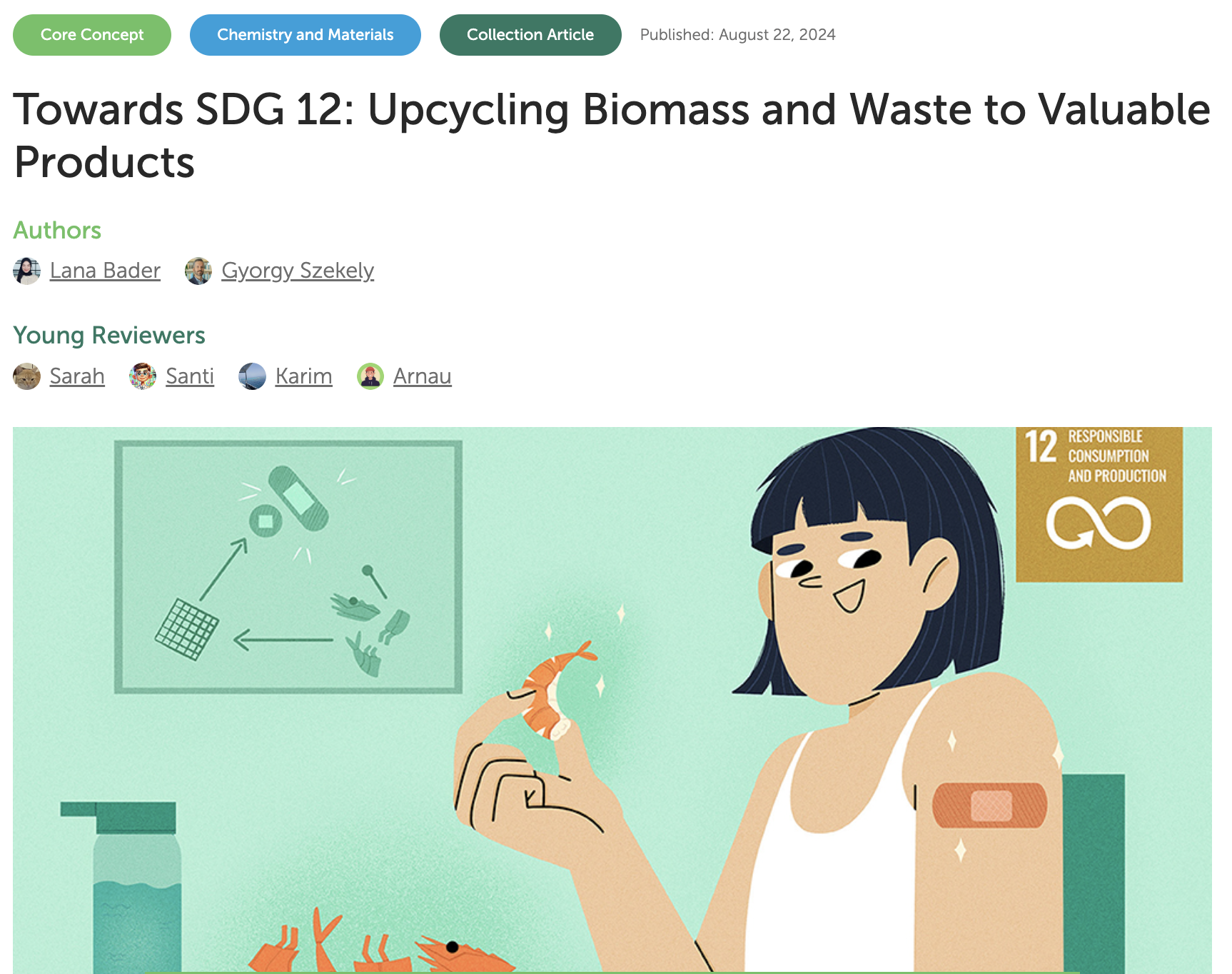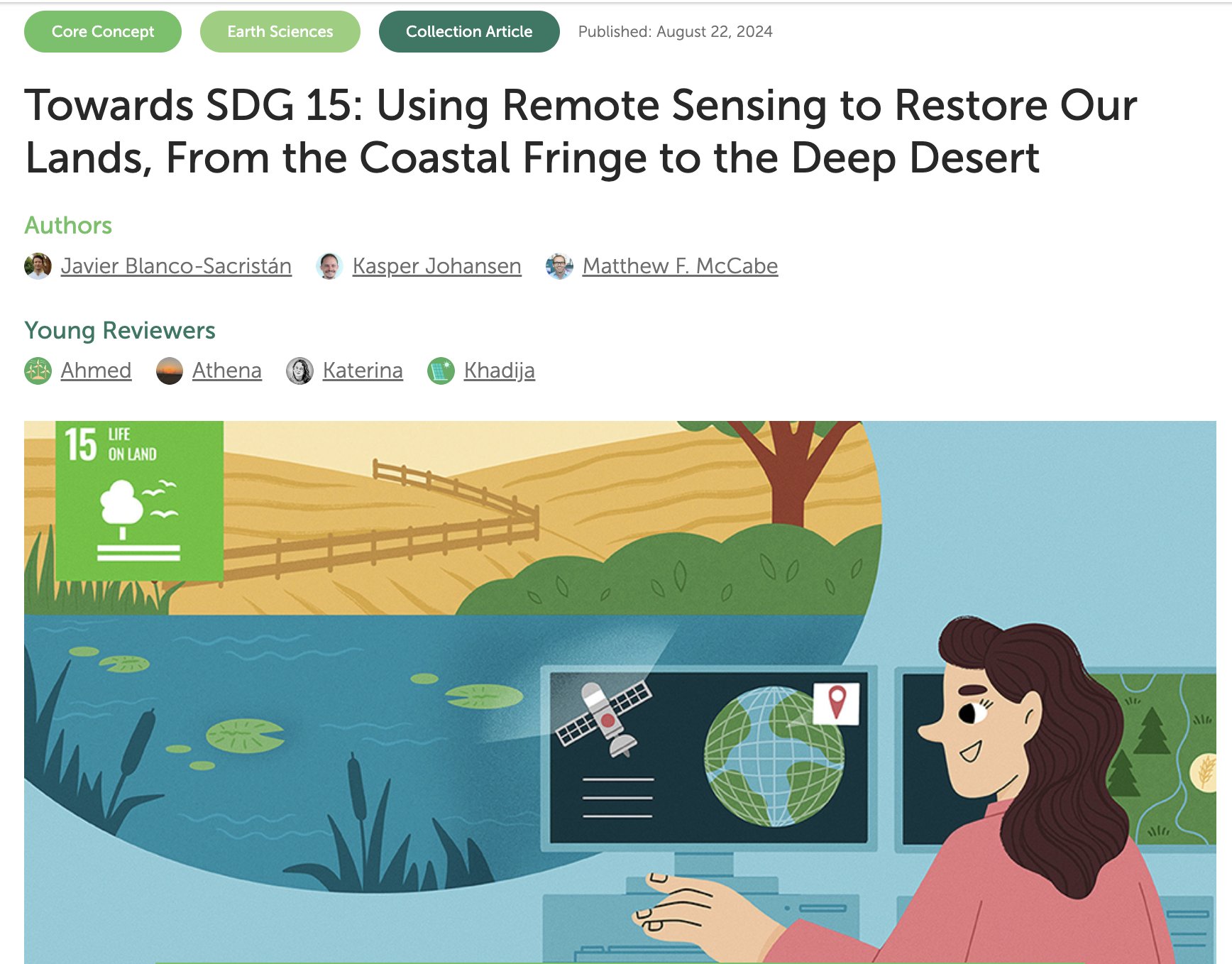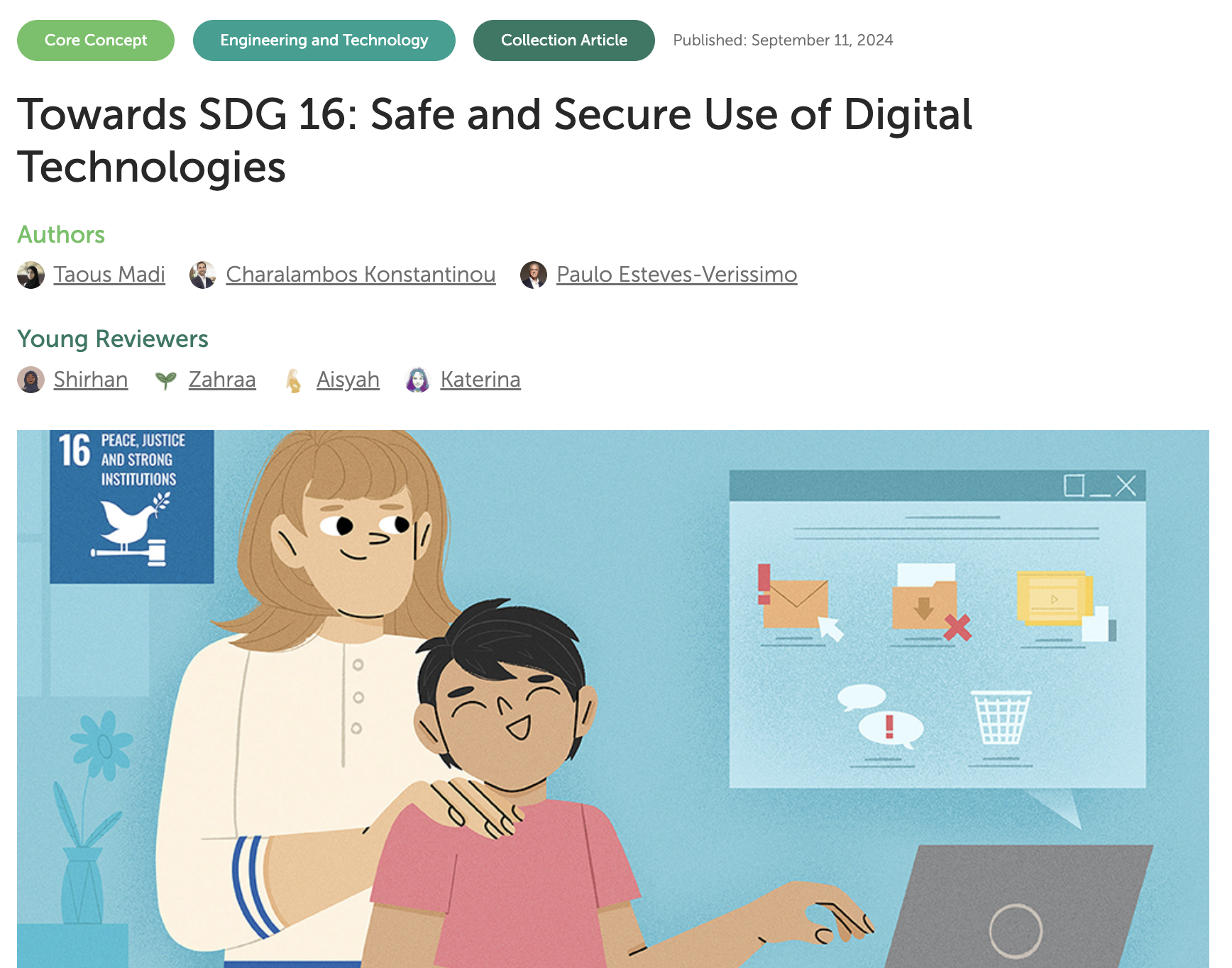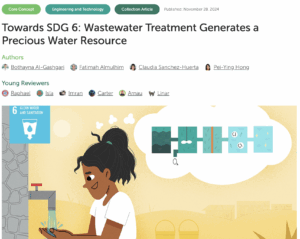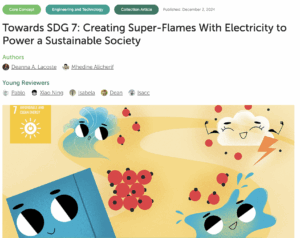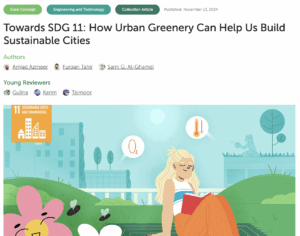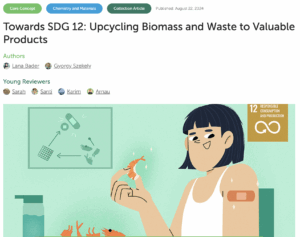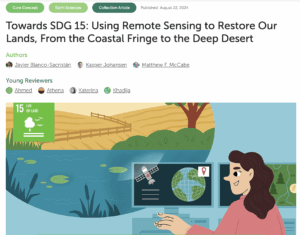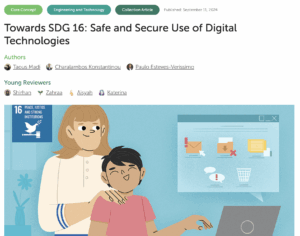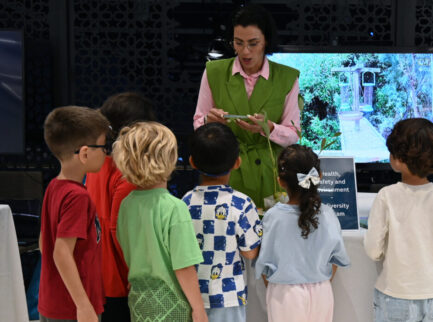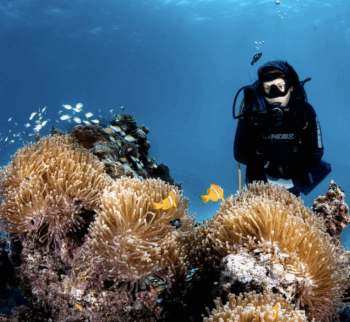In 2024, KAUST’s partnerships traveled across borders and sectors, prioritizing relationships where evidence is exchanged, compared, and put to use in ways that fit local contexts and the Kingdom’s Vision 2030. Rather than isolated events, the emphasis was on practical cooperation with peers, public agencies, and NGOs so that shared methods and findings could inform decisions beyond a single meeting room.
A core part of this effort took place in international learning networks. At the International Sustainable Campus Network (ISCN) Conference — and throughout the year inside ISCN Communities of Practice on governance, reporting and communications, and living labs — KAUST learned with, and taught, other universities and partner organizations to compare approaches and refine how institutions gather, interpret, and share sustainability-relevant information. These forums create a steady cadence where peers compare methods and findings, and track what translates across campus and city settings, turning comparative lessons into usable practice with partners from the local civil society and government.
Alongside those network conversations, KAUST partnered with the Centre for Systems Solutions (CRS) to develop KARUST, a multi-stakeholder social simulation for decision-makers, professionals, NGOs, academics, and students. Set across three fictional countries, the simulation assigns participants to ministerial roles and asks them to navigate trade-offs across freshwater, food, energy, and wider goods and services. Actions are intentionally distributed across roles so cooperation becomes necessary — mirroring real coordination challenges. Each run explicitly explores how choices advance or hinder SDG achievement as economies develop, then closes with a structured debrief where participants reflect on choices, collaboration, and disengagement, recognize unintended consequences such as pollution and greenhouse-gas emissions, and connect insights to real-world contexts, back to policy conversations.
video
To broaden awareness and make sustainability learning accessible at scale, KAUST worked with UNDP’s Saudi Arabia Country Office and Frontiers for Young Minds on The SDG Collection: How Science Can Help Us to Achieve the SDGs. The UN Sustainable Development Goals are a set of 17 globally agreed objectives under the 2030 Agenda that outline a shared blueprint for human well-being, inclusive prosperity, resilient infrastructure and cities, climate stability, and healthy land and ocean ecosystems, all enabled by strong institutions and partnerships. Introducing these goals early matters because today’s learners are tomorrow’s researchers, policy makers, entrepreneurs and community leaders. SDG literacy helps young people understand the world’s most challenging problems, evaluate trade-offs, and take evidence-based action. This project makes that literacy concrete by showing how science connects to each of the 17 goals. Across the Collection, articles use laboratory experiments, field surveys, satellite observations, computational models, and engineering prototypes to link methods and findings to specific SDG targets and real-world decisions. Short interviews bring researchers and students into the same conversation, positioning the Collection as Agenda 2030 awareness for both audiences.
Taken together, these collaborations improve how information is compared and interpreted, provide tools that help groups think together, and share resources that can bring ideas and action to classrooms and labs. This is one of the ways KAUST sustains cross-sector dialogue, contributes to international best practice, and works with NGOs to create resources that raise capability — locally, across the region, and beyond.

